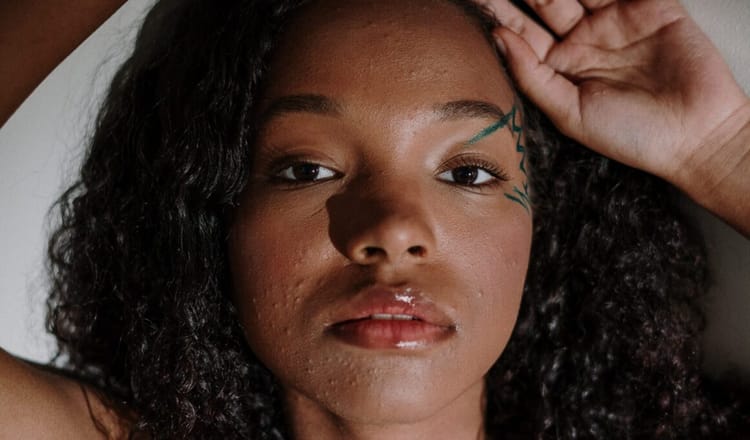Going Decaf

Looking ahead to the year to come, last year I wrote down, amongst other notes, “Find out why I’m tired all the time.”
I’d had many theories on why this might be; my main being the comforting notion that everyone is just as tired as me. The afternoon slump is real, after all, and it’s something that the vast majority of us feel every day, regardless of whether or not we’ve had a big, carb-filled lunch (though this does make it worse).
But this wasn’t it. After exchanging notes with my wife—a non-coffee, occasional black tea drinker—on how she experiences daytime tiredness, it was clear that something wasn’t right. We eat the same foods and get the same amount of sleep for the most part, so my wife suggested that I cut coffee out of my diet. I’d previously only been drinking one or two cups a day, but it was clearly a prime candidate to be dropped, so I agreed to it.
Now, about three to four weeks after giving up caffeinated coffee and tea for good, I can say with reasonable certainty that it was the caffeine making me tired all the time. After a couple of weeks of just drinking decaf tea, I started to mix it up with a decaf coffee here and there. And while I’m aware that there is caffeine in decaf coffee and tea, I’m not drinking nearly enough of it to feel the effects.
If you’re feeling tired all the time, and you drink caffeinated coffee and/or tea on a regular basis, consider giving it up for a short period to see if your energy improves as a result. ∎


